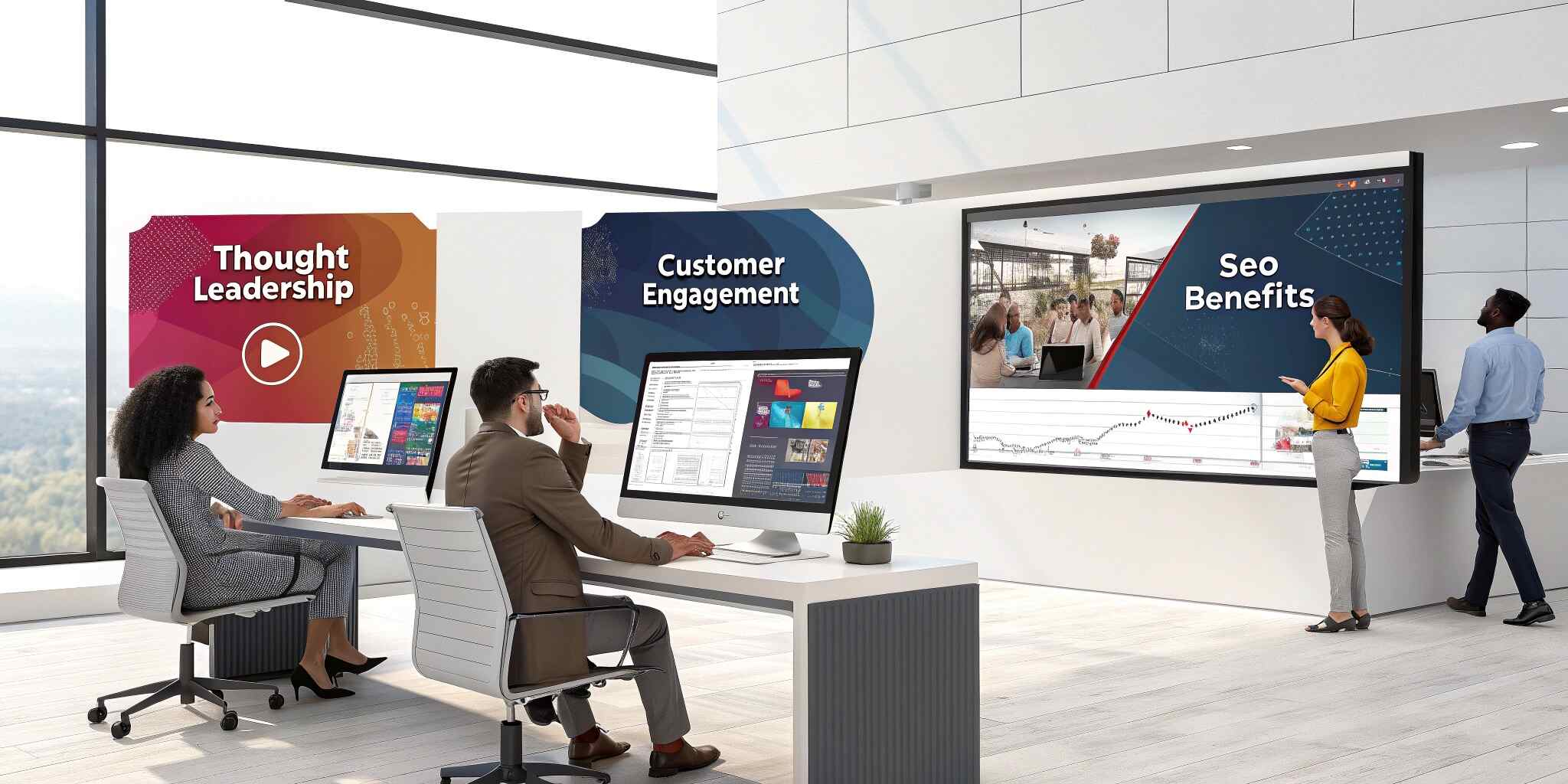In the digital age, content is not just king—it’s your IT brand’s currency. Whether you're a software company, MSP, or SaaS platform, your ability to educate, engage, and convert your audience hinges on having a strong content marketing engine.
What Is a Content Marketing Engine?
A content marketing engine is a strategic and scalable system that regularly produces high-value content to attract and nurture your target audience across various stages of the buyer’s journey. This includes blog posts, whitepapers, case studies, videos, webinars, and social content—all working in sync.
Why IT Brands Need a Powerful Content Engine
1. Build Industry Authority
IT buyers are highly technical and analytical. Consistent, insightful content demonstrates your expertise and helps establish your brand as a go-to authority in your niche.
2. Educate and Nurture Leads
Many IT solutions require a deep understanding before purchase. Through educational content (blogs, eBooks, webinars), you guide prospects from awareness to decision-making.
3. Improve SEO and Online Visibility
Search engines love fresh, relevant content. Publishing optimized blog posts and landing pages regularly boosts your chances of ranking for targeted keywords your ideal customers are searching for.
4. Fuel Marketing and Sales Alignment
A content engine provides sales teams with the resources they need—case studies, product sheets, objection-handling articles—to close deals faster and smarter.
5. Reduce Paid Ad Dependency
With strong organic content, you attract inbound traffic and reduce reliance on costly paid campaigns. Evergreen content keeps delivering value long after it’s published.
6. Amplify Your Social and Email Campaigns
Content fuels your email newsletters and social media calendars. With a consistent content flow, you're always engaging your audience with valuable, shareable insights.
Core Elements of a Content Marketing Engine for IT
- Content Calendar: Plan around product launches, industry trends, and search demand.
- Content Formats: Blogs, case studies, infographics, podcasts, and videos.
- Promotion Channels: LinkedIn, newsletters, webinars, and partner networks.
- Analytics Tools: Use Google Analytics, HubSpot, or SEMrush to track performance and ROI.
How to Get Started
- Define Your Buyer Personas – Understand your ideal client’s pain points and interests.
- Set Clear Goals – Align your content with business objectives (e.g., lead gen, awareness).
- Hire or Outsource Writers – Choose subject-matter experts who understand the IT landscape.
- Repurpose and Scale – Turn blogs into videos, whitepapers into infographics, etc.
- Measure, Optimize, Repeat – Continuously refine your strategy based on data.
Conclusion:
In the IT industry, trust and knowledge are everything—and content is your most powerful tool to build both. A strong content marketing engine doesn't just inform—it attracts, converts, and retains customers. It's time to invest in content that works as hard as your technology.


